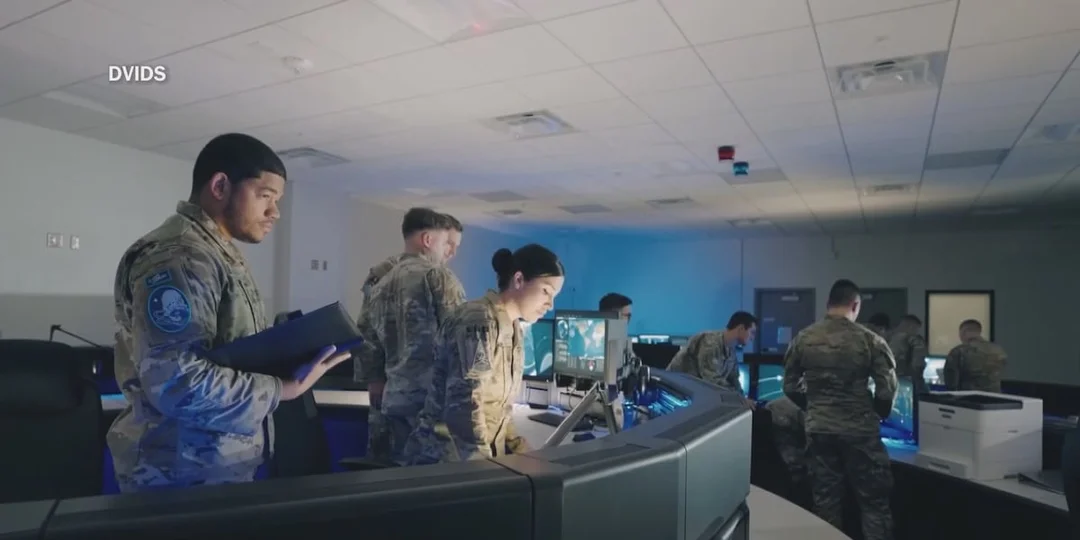
Space Command Tug-of-War: Colorado Springs vs. Huntsville Heats Up
The future of U.S. Space Command is once again under intense speculation, with national lawmakers reigniting the debate over its location. Will it remain at Peterson Space Force Base in Colorado Springs, its home for many years, or will it move to Huntsville, Alabama?
The saga took a new turn this week following the Senate's confirmation of Dr. Troy Meink as the 27th Secretary of the Air Force. Alabama Representative Dale Strong sees this as a crucial step toward finalizing Space Command's future location. "That right there also starts the process to bring us a Secretary of the Air Force, which will then bring a recommendation for Space Command," Strong stated, hinting at a potential move to Huntsville.
Adding fuel to the fire, Representative Mike Rogers made bold claims on a podcast in early April, stating, "I expect sometime during the month of April that Space Command will officially be assigned to build its headquarters in Huntsville." He even claimed the contractor is "ready to turn dirt on the day the announcement is made."

Peterson Space Force Base has a long history with Space Command, hosting it from its inception in 1985 to 2002, and again after its re-establishment in 2019. In the final days of the Trump administration, the Air Force declared Huntsville as the "preferred location," a decision many believed was politically driven.
However, in July 2023, President Biden announced that Peterson Space Force Base would remain the permanent home of USSPACECOM. Despite this declaration, the relocation debate persists. Colorado Republican Jeff Crank remains steadfast in his fight to keep Space Command in Colorado. "We have heard nothing, and we are just going to keep fighting and putting both military argument as well as the political argument," he asserted.
Crank emphasizes the lack of military rationale for the move. "I have talked to many of our military leaders, four-star leadership in the Air Force and Space Force, and have asked them specifically what is the military value of moving Space Command out of Colorado Springs, and they all say there isn’t any," he said.
Adding another layer to the discussion, Christopher Stone, Senior Fellow for Space Deterrence at the National Institute for Deterrence Studies, argues for a significant increase in Space Force funding. He believes the Space Force should receive over a quarter of the total DoD budget for the next five years. Stone argues this investment is crucial to counter China's growing space capabilities. "Our main competitor sees space as the most important domain — while it is one of the weakest areas in our defense posture," Stone writes. He also advocates for the Space Force to control all counterspace capabilities currently deployed or under development by other service departments.
The Air Force has referred inquiries about Meink's stance to the White House, leaving the situation shrouded in uncertainty.
In conclusion, the battle over Space Command's location continues, with political maneuvering, military arguments, and strategic considerations all playing a role. The decision will undoubtedly have significant implications for national security and the future of space defense. What do you think? Should Space Command stay in Colorado, move to Alabama, or is a more significant investment in the Space Force the real priority?
Share your thoughts and opinions in the comments below.